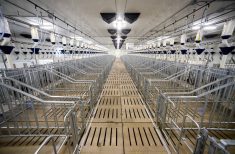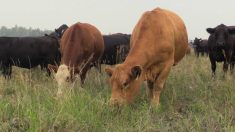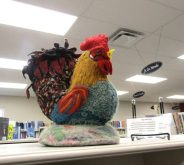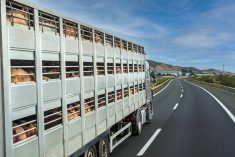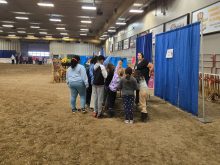Karl Kynoch says imposing a deadline for open sow housing could push some small producers out of business in 2024
Hog producers need to speak out against proposed sow housing regulations being recommended by the National Farm Animal Care Council, says the chair of the Manitoba Pork Council.
Converting a stall system to open housing — a key recommendation of the proposed animal care code for pigs — would cost producers $500 to $1,000 per sow, said Karl Kynoch.
Animal rights activists, vegetarians and others will be able to comment on the draft as well, and so it’s critical that producers make their voice heard, he said.
“Where we really get concerned is when we get comments from people who don’t understand animal agriculture,” Kynoch said. “And we do have some very major concerns with this draft, so it’s really important producers… let them know.”
Read Also
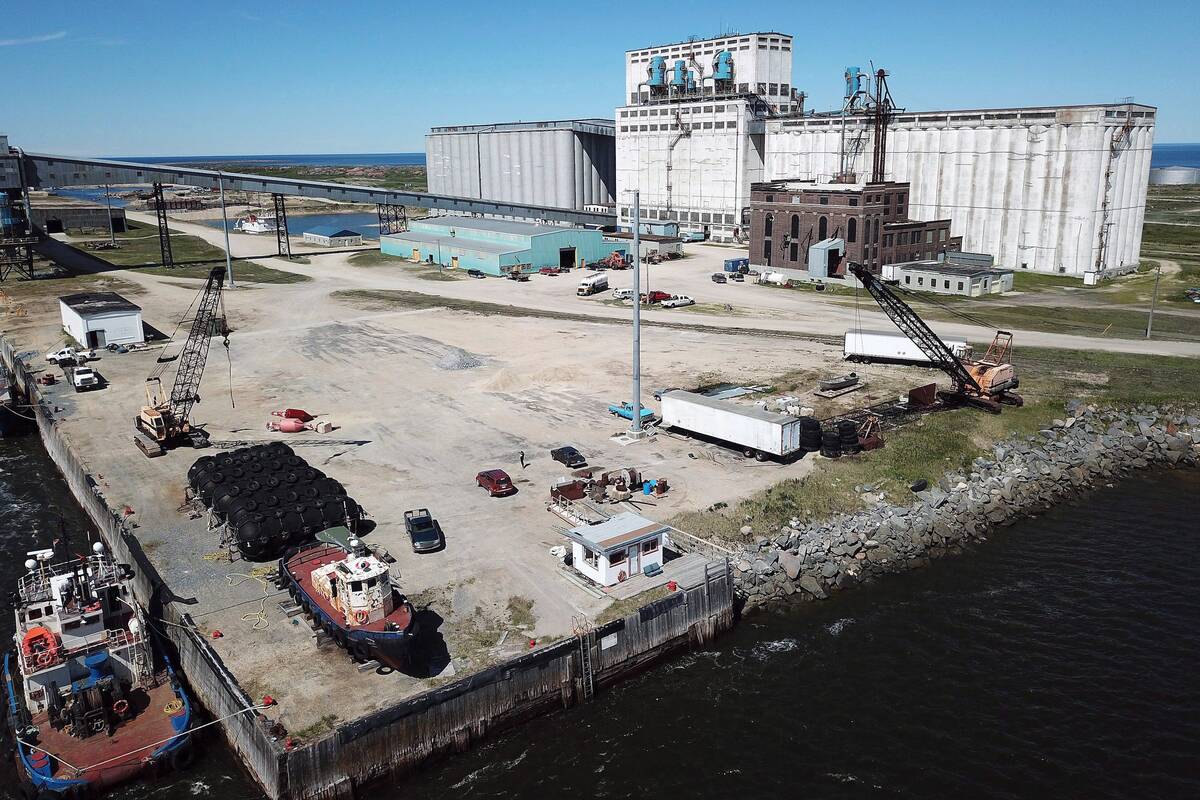
Air, land and sea join forces as Manitoba launches Arctic trade corridor plans
Manitoba wants to take its Arctic trade routes to the big leagues. The Port of Churchill, CentrePort Canada and Winnipeg airport have all raised their hands to help it happen.
The draft Code of Practice for the Care and Handling of Pigs says gestation stalls are not a best management practice, and can cause an increase in sow behaviours signalling stress, such as bar biting, sham chewing and excessive drinking. The yet-to-be finalized code stops short of an outright ban, but recommends use of gestation stalls be limited to no more than 35 days per cycle. It also states current stalls are not large enough to properly house a sow and would need modification.
Open housing would not only be costly, it would also be a step backwards in animal husbandry, said Kynoch.
“There was a reason we went to individual stalls — it was to give individual care, feeding, all those types of things, and those things are going to be a challenge in this new style of system,” he said.
“When you force a change to open-housing systems, it demands a whole new level of animal husbandry and stockmanship, so there are a lot of things to learn for the people working with the animals and there are challenges to deal with.”
If the new code is finalized without major changes, producers will have to convert to open-housing systems by 2024, and that will force some small producers out of business, said Kynoch.
Previously Manitoba Pork Council promoted a voluntary phase-out of gestation stalls by 2025, but in recent months its position has become less clear. Kynoch has since stated that 2025 is the date by which producers should begin investigating other options, rather than implementing any conversion.
The draft code would also change how pigs are castrated, requiring the use of analgesics to help control post-procedure pain. That measure, to be implemented by July 2019, would also increase costs for producers, Kynoch said.
“Anything you do is going to be an added cost, so pain relief will be an added cost,” said Kynoch, adding more research is needed on the use of pain medication.
Although no law forces farmers to abide by the code, it is effectively mandatory for producers under the industry’s quality assurance program; it is also a reference point for provincial enforcement of animal care laws.
The pork council will be hosting two workshops on the draft code (June 24 in Steinbach and June 25 in Portage la Prairie).
The draft code (available at www.nfacc.ca) is open for comment until Aug. 3.




